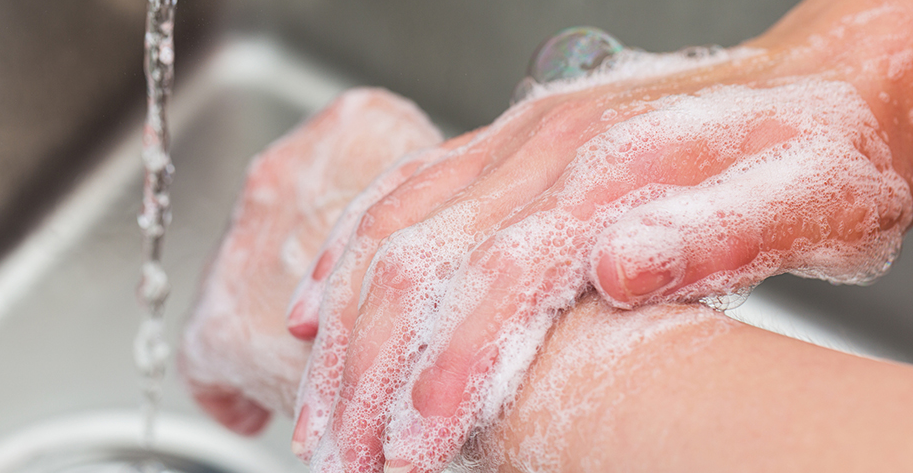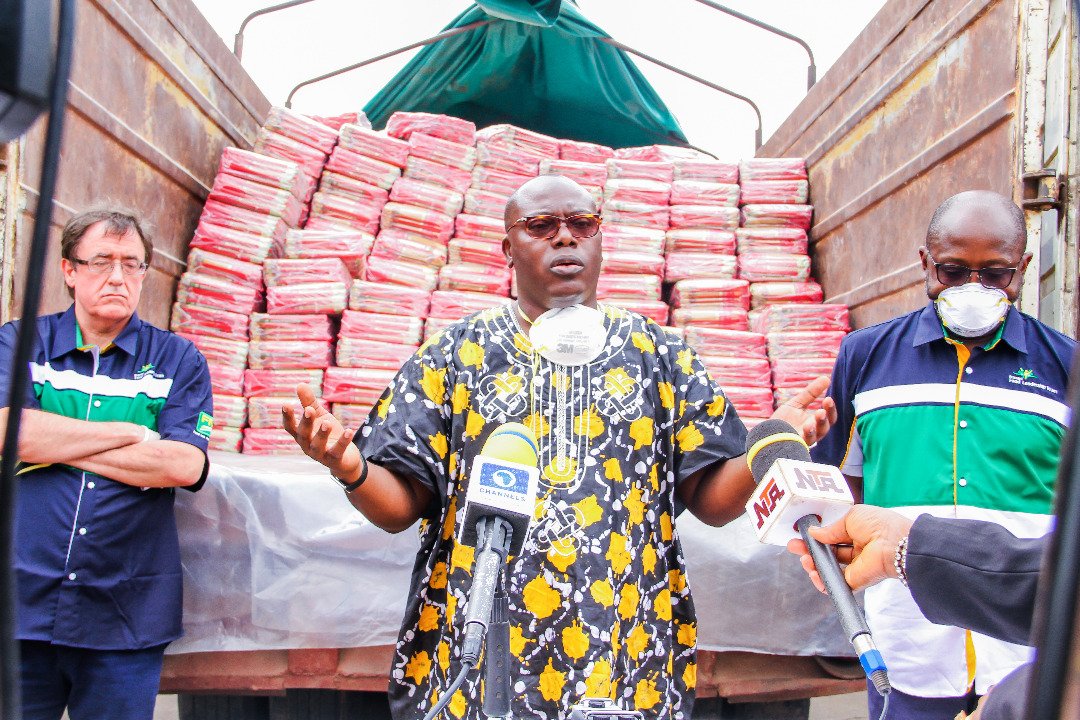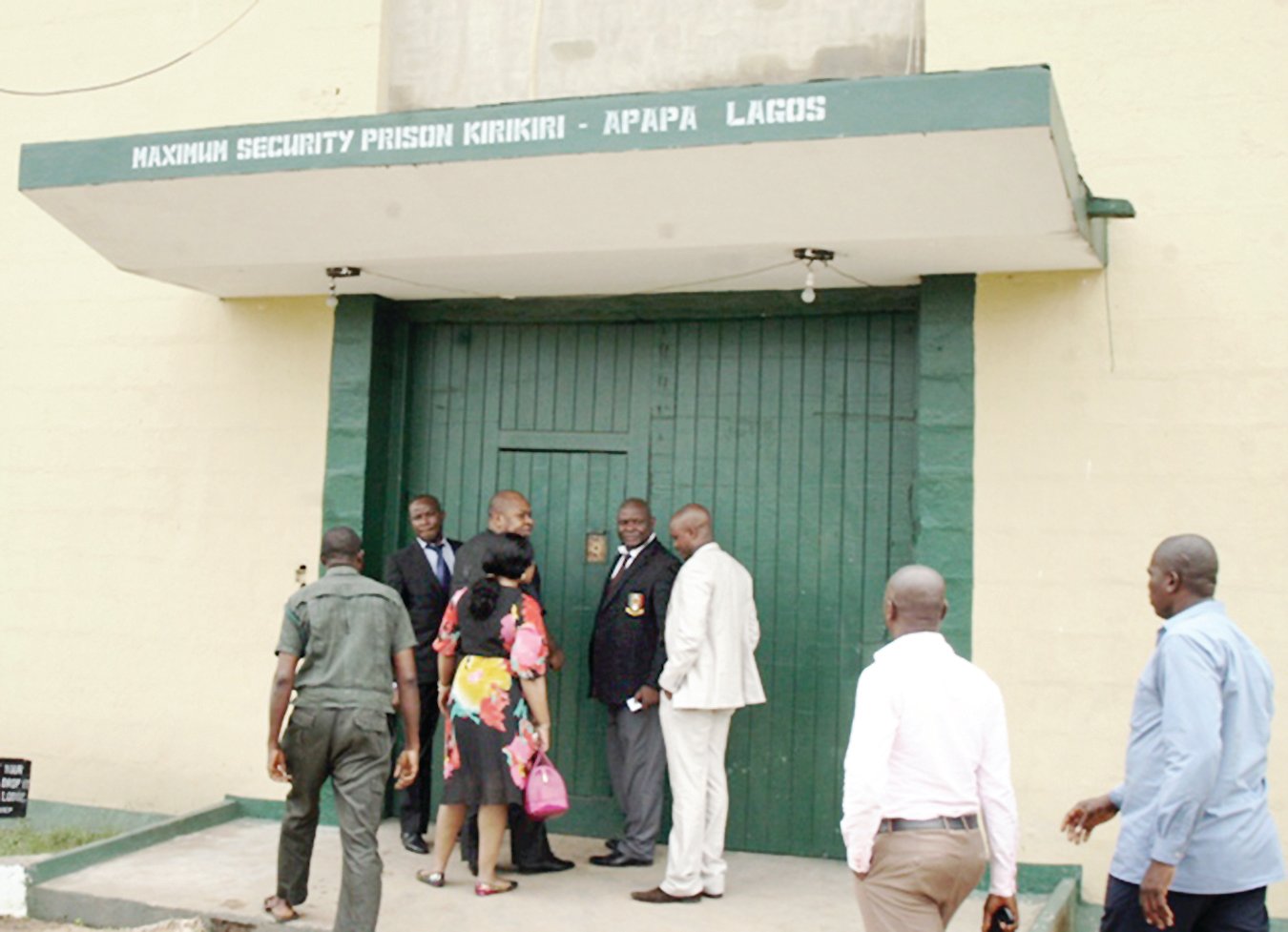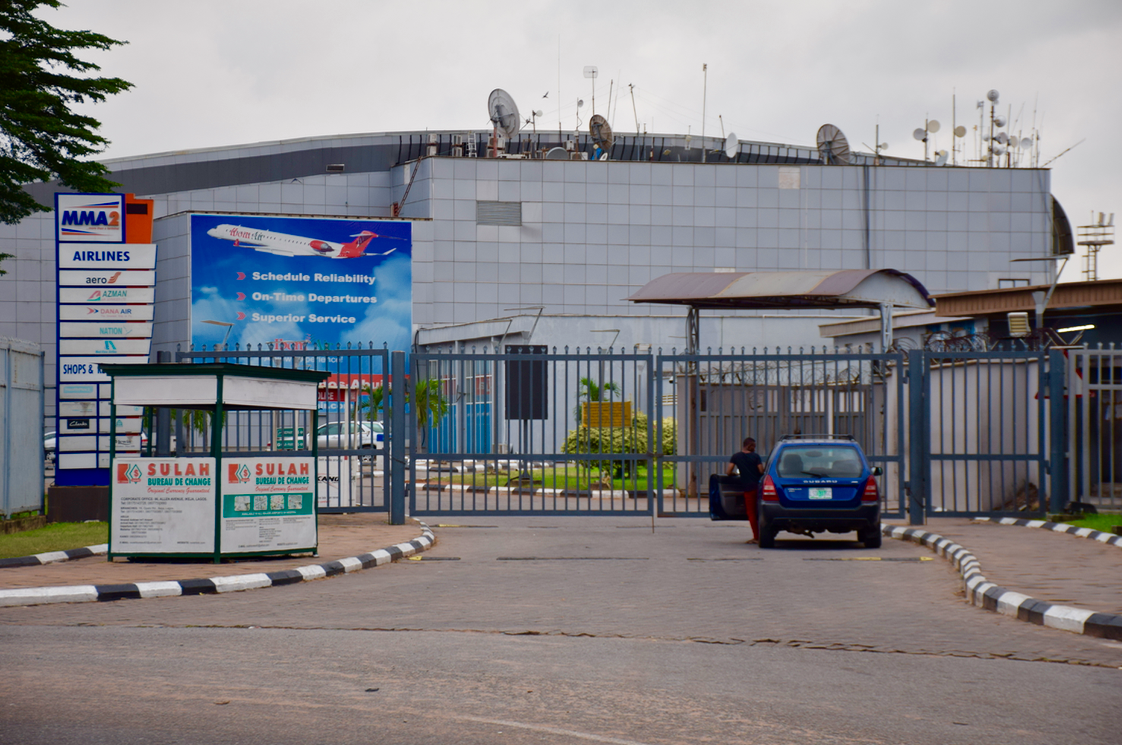BY IFEOMA CHETA OKONKWO AND TEMPLE ORAEKI
Humanity is faced with a common enemy, without respect for boundaries, race, religion or economic class. With over one million confirmed cases and over 62,000 deaths worldwide within three months of emergence of the Coronavirus disease (COVID), this is indeed an unprecedented and disconcerting time for everyone across the globe.
Several countries are adopting various mechanisms to curb the spread of the Coronavirus. One of the key recommended approaches by World Health Organisation (WHO) is social distancing. In addition to social distancing, major cities in countries – such as Italy and United States – that are worse hit by the pandemic have resorted to a more stringent measure by imposing a complete lockdown (shelter-in-place order), taking a cue from its effective implementation in Wuhan, the city where the first case was recorded.
According to WHO, the practice of social distancing stipulates that individuals should maintain a distance of at least one metre from one another, especially when one is coughing or sneezing. On the other hand, the shelter-in-place order requires that every individual (residents and visitors) remain in their place of residence and limit social gatherings. These two practices, so far, have been effective in slowing down the spread of the virus, as confirmed by the Wuhan case study.
Is Africa prepared to contain this virus?
Advertisement
The rapid rise in the cases of infected people in Africa calls for major concern; one that has been reiterated by WHO Chief Executive in his speech where he stated that Africa should be prepared for the worst. Most countries in Africa are already adopting the same preventive measures by imposing restrictions on movement and enforcing social distancing at public spaces. However, these measures portend even more threats to lives and livelihoods of people in the continent, if not properly reviewed to reflect African context.
In developed countries where the practice of social distancing and shelter-in-place have been successfully implemented, most people are “privileged” to turn on their taps and access running water for drinking and handwashing at critical times. However, in Africa, access to pipe-borne water at homes is a luxury accessible to mostly the rich.
Can Nigeria take the lead in flattening the #COVID-19 curve in Africa?
Advertisement
The number of confirmed cases in Nigeria is increasing daily (232 cases as at 5 April 2020), with five deaths already recorded since the first confirmed case on 11 March 2020. More worrisome than the high rate of confirmed cases is the projection that the actual number of cases might be higher than confirmed, considering the limited number of tests that have been carried out. Hence there is a cogent need to take pragmatic steps to slow the spread.
In line with the common practice obtainable worldwide, the federal government has imposed a total lockdown in two states (Lagos and Ogun) and the Federal Capital Territory where there are relatively high number of confirmed COVID-19 cases. Most state governments have also taken same action as a proactive measure to prevent the spread of the virus into their respective states. Since the declaration, several economic stimulus packages (including cash donations) from governments, philanthropists, private sector, religious bodies, and civil society organisations, have been pledged/donated to cushion the effect of the lockdown on the poor citizens, especially those whose livelihoods depend on daily income. However, one key economic stimulus package, grossly undervalued and unrecognised, is the provision of water for the Nigerian populace, especially those in rural communities.
Water: A catalyst to flatten the #COVID Curve
In Nigeria, over 55 million people do not have access to clean water at home, majority of which are rural dwellers. Lack of access to clean water and sanitation facilities in Nigeria especially in rural and underserved communities have had ripple effects on the health, economy and wellbeing of the individuals and families in these communities over a prolonged period of time. It is common practice for women and children in most rural communities in Nigeria to embark on a daily journey to streams and rivers to fetch water for their families – trips that become more frequent during the dry season when the rains are gone. Considering the need to regularly stay hydrated and also wash hands – to prevent the spread of the Coronavirus – the number of trips to streams and rivers are bound to further increase.
Though cities and urban slums across Nigeria are not exempted from the water poverty, rural dwellers will bear the most effect of the inadequacy of clean water supply during this pandemic.
Okpu-eke is one of the many rural settlements in Umuewelum Anam Village, located in Anambra West Local Government Area of Anambra State. The only source of water for this community is from arms of the River Niger. For a community like this, with a population of about 2,000 people, it would be very difficult to maintain the three-feet social distancing while keeping a good hygiene and washing their hands under running water for 20 seconds.
Advertisement
One of the community leaders, who spoke in Igbo, said: “We have been hearing on the radio about a sickness that has been killing people across the world, we were advised to stay in our houses and wash our hands frequently. That is something we cannot do in Okpu-eke because, first of all, how do we just sit in our houses without food to eat? I am a fisherman with a family of 8 children and my 4 boys follow me to the river to fish in order to feed my family everyday. So no fishing means no food for the family. Secondly the advice of washing our hands regularly under running water is unrealistic. The children go to the river almost four times a day, to fetch water that we use for the day. So, how are we expected to get water if we stay indoors? Finally, the river is always clustered. How can we manage the population so that everyone will maintain the 3 feet distance and in turn get enough water to practice the hand washing? With our present state, these preventive measures for the disease are not realistic. So, we are appealing to the state government to not just give us food donations, but also provide us with safe water so that this disease won’t wipe out our village.”
Another community leader in Ngwogwo community, Ishiagu, Ebonyi State, also said the shelter-in-place order in the state, if allowed to stretch longer, would have debilitating effect on the health and livelihood of the people, especially with regard to gaining access to water. He reaffirmed that most members of the community rely on the Ivo River as their source of water for all domestic activities as the few functional boreholes in the community are usually overwhelmed by people, especially during this dry season. He pleaded with the government to provide an easy means of accessing water for the people at this critical time to avoid a ripple effect of the shelter-in-place order in the state.
As the pandemic continues its spread, it is pertinent that the issue of water supply in rural areas should be urgently attended to as communities like Ngwogwo and other slums without access to water stand a high risk of not been able to contain the virus when it hits the community.
If people do not have easy access to water at homes, enforcing shelter-in-place order would be homicidal and implementing social distancing almost impractical.
Advertisement
Okonkwo is a WASH advocate and Oraeki, also a WASH advocate, is the Nigeria Country Director of Hope Spring Water Charity Foundation
Advertisement
Views expressed by contributors are strictly personal and not of TheCable.
Add a comment






